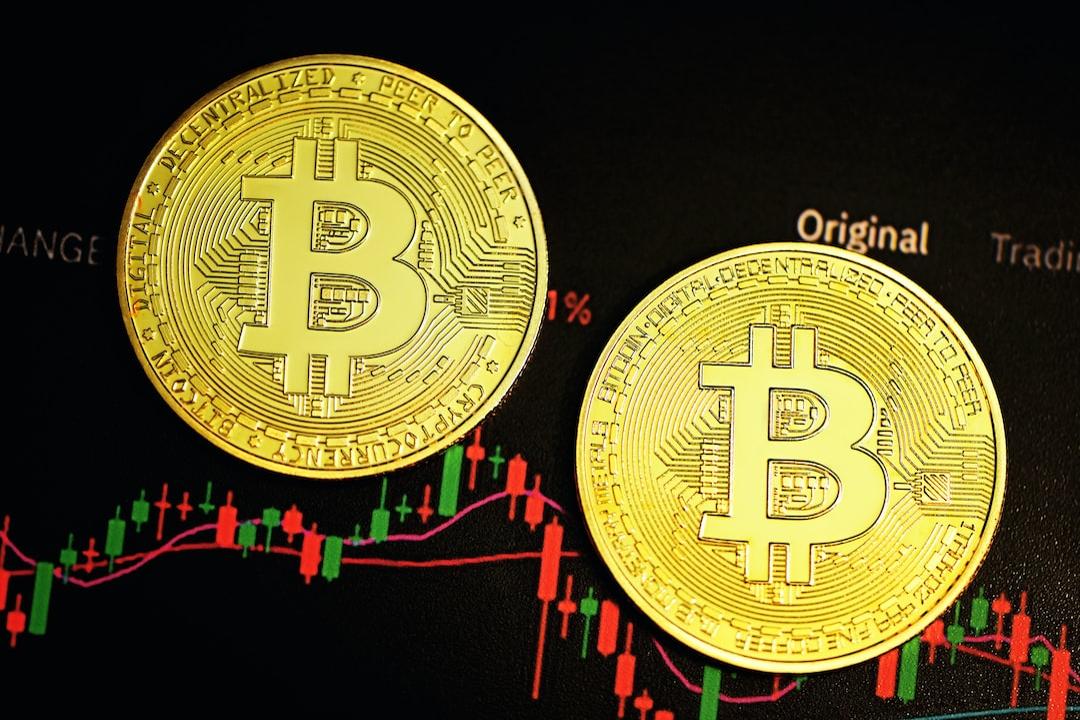During the 2024 United States elections, Libertarian Party vice presidential nominee Mike ter Maat suggested that digital asset policy may have a minimal impact on political parties. In a surprising turn of events on May 26, Libertarian delegates selected Chase Oliver and ter Maat as the presidential and vice presidential candidates, positioning them as a formidable force in the country’s political landscape as the third-largest party after the Democrats and Republicans. The party’s principles often resonate with cryptocurrency enthusiasts, advocating for minimal regulations to safeguard individual freedoms and endorsing free-market economic strategies.
In an interview with Cointelegraph post-nomination, ter Maat predicted that concerns about inflation and foreign policy would dominate voters’ concerns come November. Nevertheless, digital assets could still play a role in the upcoming presidential race. Both Democratic and Republican candidates have recently intensified their discussions on cryptocurrencies, prompted by ongoing legislative discussions, regulatory actions, and legal proceedings involving prominent figures in the industry.
Ter Maat expressed his belief that technology, beyond just cryptocurrencies, and the broader financial sector could have a more significant impact on the election. While hopeful for a national dialogue on cryptocurrencies, he remained uncertain about its likelihood. As President Joe Biden and Vice President Kamala Harris prepare to accept the Democratic nomination in August, former President Donald Trump is expected to do the same at the Republican National Convention in July, where he plans to announce his vice presidential pick despite his impending sentencing following a conviction on multiple felony charges.
Ter Maat acknowledged the lack of common ground with other party candidates regarding digital asset policy, noting disparities in principles with Independent candidate Robert F. Kennedy Jr. and criticizing Trump’s vague stance on nuanced issues. Despite the intense competition between parties, ter Maat emphasized his alignment with Oliver on digital asset matters.
In a significant development, the U.S. House of Representatives passed a bill in May prohibiting the Federal Reserve from issuing a central bank digital currency (CBDC) in the country. Ter Maat has been vocal in opposing any legislation granting the Fed the authority to introduce a digital dollar if elected, expressing concerns about the potential impact on the cryptocurrency market.
Although polling data suggests that the Oliver/ter Maat ticket may not secure any state victories, Libertarians could potentially sway the election outcome by drawing votes away from Biden or Trump. With Trump facing legal challenges and Biden facing criticism for his stance on international conflicts, the political landscape remains unpredictable as crypto voters continue to influence the upcoming election.

